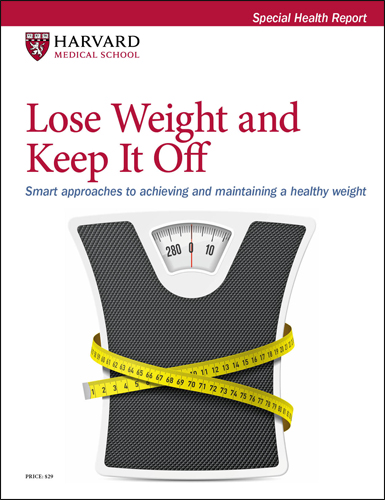Eating high-quality carbohydrates may stave off middle-age weight gain
Research we're watching
- Reviewed by Toni Golen, MD, Editor in Chief, Harvard Women's Health Watch; Editorial Advisory Board Member, Harvard Health Publishing; Contributor

Hoping to avoid middle-age weight gain? Steer clear of low-quality carbohydrates and starchy vegetables such as peas, corn, and potatoes, a new Harvard-led study suggests.
The study, published online Sept. 27, 2023, by The BMJ, evaluated weight changes in 136,432 adults 65 or younger (average age 50, 83.5% women) who were tracked for up to 28 years. Although participants gained an average of more than three pounds every four years, the quality of carbohydrates they ate appeared to play a role in weight control. A daily increase of 3.5 ounces of low-quality carbohydrates — such as sugar-sweetened drinks, refined grains, and starchy vegetables — was associated with gaining up to three pounds over a four-year period. But an increase of just one-third of an ounce of fiber in participants' daily diets was linked with gaining 1.7 fewer pounds over four years. The associations were especially strong in women and in people with excess body weight.
While consuming too much sugar is unhealthy, refined carbohydrates such as white pasta, white bread, white rice, and chips appeared more problematic, contributing even more to middle-age weight gain, study authors said.
Image: © CatherineDelahaye /Getty Images
About the Author

Maureen Salamon, Executive Editor, Harvard Women's Health Watch
About the Reviewer

Toni Golen, MD, Editor in Chief, Harvard Women's Health Watch; Editorial Advisory Board Member, Harvard Health Publishing; Contributor
Disclaimer:
As a service to our readers, Harvard Health Publishing provides access to our library of archived content. Please note the date of last review or update on all articles.
No content on this site, regardless of date, should ever be used as a substitute for direct medical advice from your doctor or other qualified clinician.
















